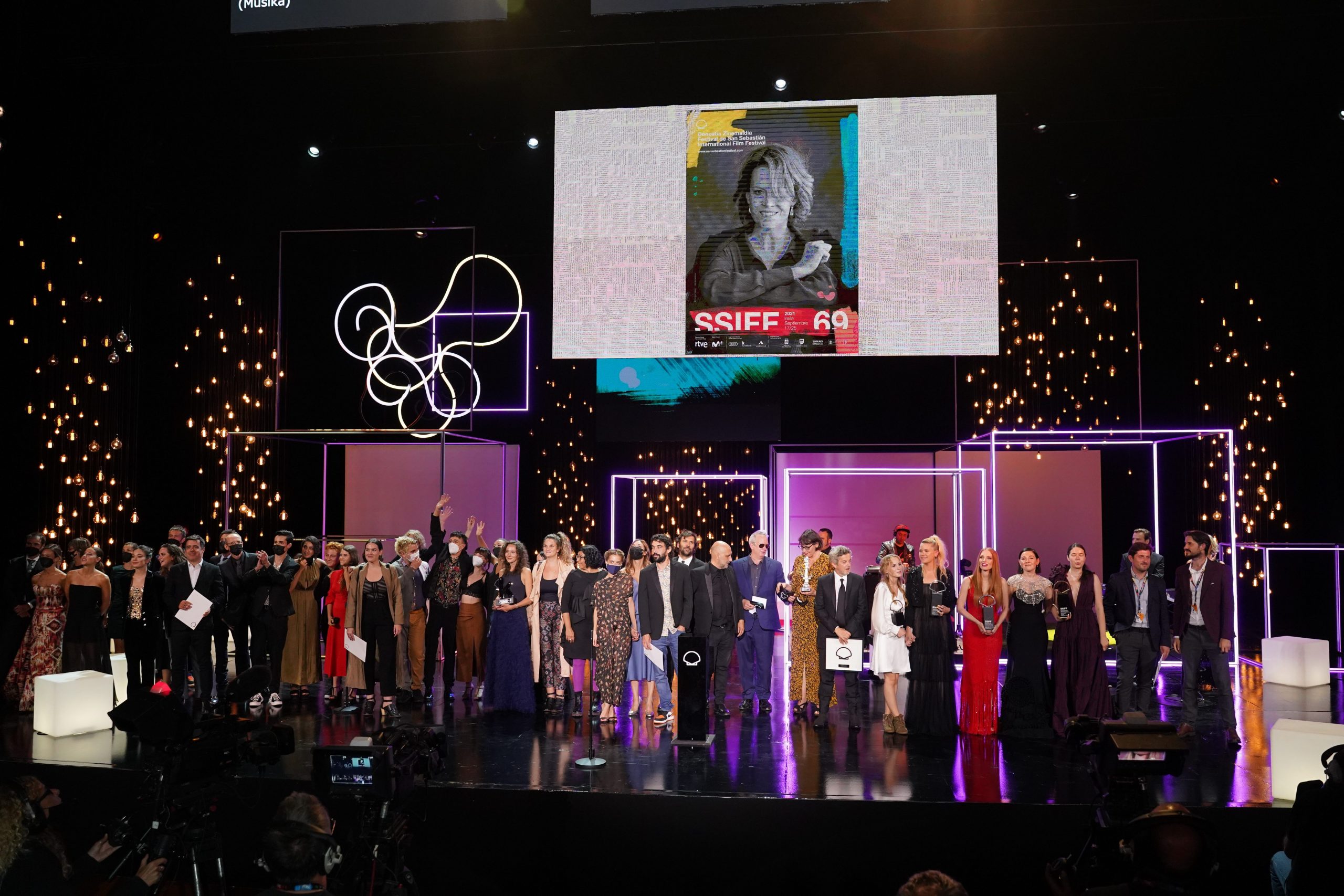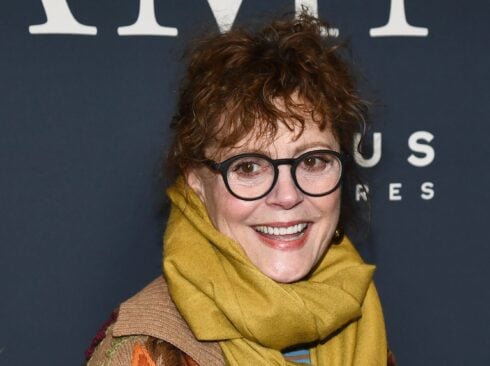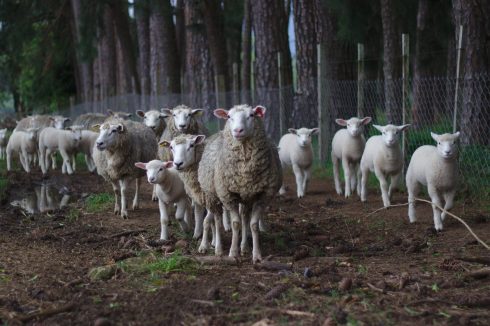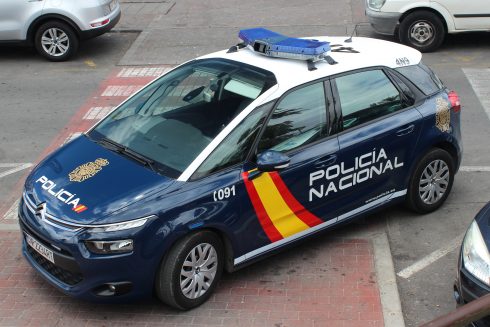THE 69th edition of the San Sebastian Film Festival has drawn to a close, here’s a rundown of what happened this year.
With controversy surrounding Johnny Depp’s award and the red carpet being used to create sustainable fashion pieces, there was lots to discuss.
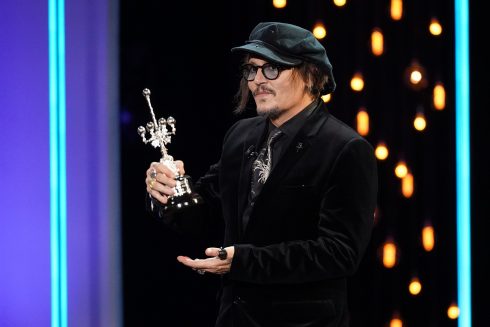
A total of 184 titles were shown this year including features, shorts, medium-length films and series making up 490 screenings.
A host of prizes were awarded with Romanian production Crai nou / Blue Moon, directed by Alina Grigore, scooping the Golden Shell (Concha de Oro).
Filmmaker Tea Lindeburg was awarded the Best Director Silver Shell for Du som er i himlen / As in Heaven.
Flora Ofelia Hofmann Lindahl, the actress in the film and Jessica Chastain (The Eyes of Tammy Faye) received the Silver Shell for Best Leading Performance ex-aequo.
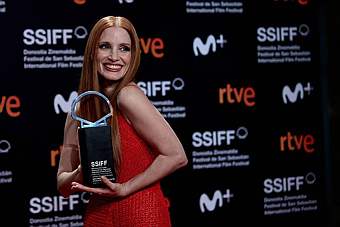
The cast of Quién lo impide / Who’s Stopping Us took home the award for Best Supporting Performance.
Benediction earnt Terence Davies the Best Screenplay Jury Prize and Claire Mathon won the award for Best Cinematography for her work on Enquête sur un scandale d’état / Undercover.
Earwig, by Lucile Hadzihalilovic, was also awarded a Special Prize by the jury.
The surprise film this year was Spencer, by Chilean director Pablo Larraín. In the biographical film, actress Kristen Stewart plays Diana, Princess of Wales.
The film will be released to the general public on the 5th of November.
Marion Cotillard received one of two honorary Donostia Awards presented during the festival in recognition of her successful career.
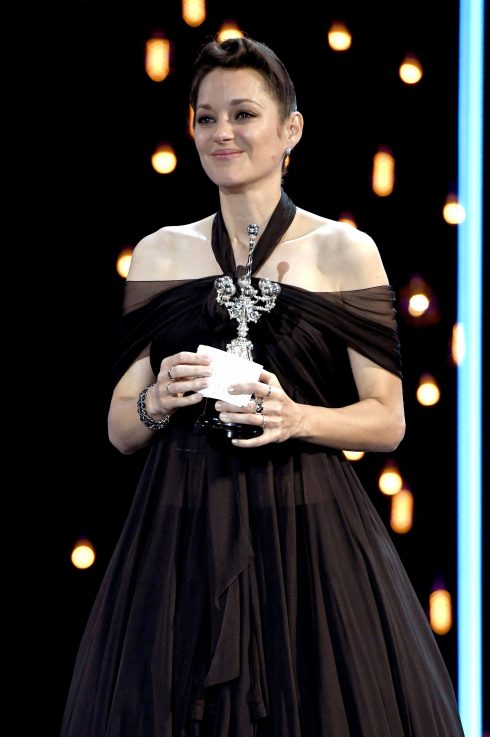
Actor, director and producer Johnny Depp received the second Donostia Award, celebrating his many achievements and performances.Depp remarked that what makes San Sebastian Film Festival unique is that it’s ‘real’ and ‘where the films and the people who do it are at the centre’.
Prior to the festival there was criticism from charities such as Women’s Aid who said that this nomination was ‘disrespecting’ domestic abuse survivors due to prior allegations against Depp.
However the festival backed up their decision saying he has ‘not been convicted of any form of violence against women’.
In order to contribute to the sustainability movement the Festival chose to donate its 100% recyclable polyester red carpet to Gipuzkoa Provincial Council’s Department of the Environment.
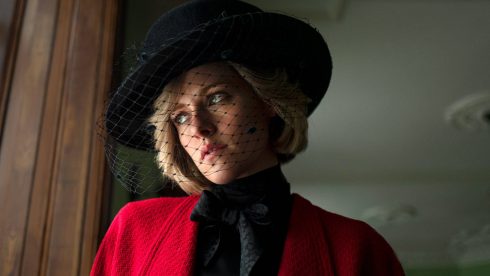
The Department of the Environment will hand over the carpet to the Ternua Group, who will turn it into new Loreak Mendian garments.
There were also many other awards given apart from the official FIAPF (International Federation of Film Producers Associations) awards. Lena Lanskih won the Kutxabank-New Directors Award for Nich’ya/ Unwanted, which comes with a prize of €50,000, the largest given at any festival.
The Horizontes Award, which strives to raise awareness of feature films created or set in Latin America and directed by Latin filmmakers, was given to Tatiana Huezo’s Noche de Fuego.
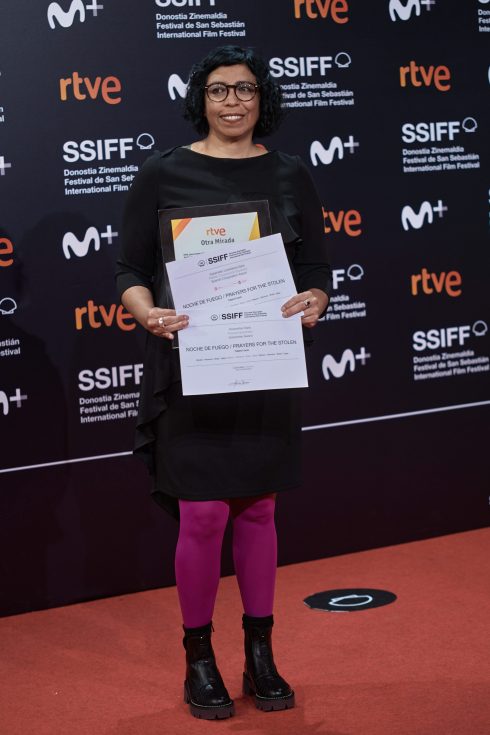
There are no regulations or limits in the Zabaltegi Tabakalera Award, making it the most open competitive section. Vortex won receiving €20,000, with €6,000 going to the winning film’s director Gaspar Noé and the remaining €14,000 going to the distributor of the film in Spain.
There are also prizes that are determined by audiences rather than juries. Spectators who attended the first public screening of each film in the section decided on the City of Donostia Award.
It consists of two awards: a first prize for best film, worth €50,000, won by Céline Sciamma’s Petite Maman, and a second award for best European film, worth €20,000, won by Emmanuel Carrère’s Ouistreham.
Fran Kranz’s Mass was named the winner of the TCM Youth Awards, which are determined by audiences aged 18 to 25.
The Nest Award, which is worth €10,000 aims to support future projects created by young students and was given to the director of the winning work, Sara Grguri for U šumi.
The Irizar Basque Film Award is awarded to the best basque film presented in world premiere.
The producer of the winning film, MAIXABEL by Iciar Bollan, will receive €20,000 as part of the prize.
Francisco Marise won the Best Project Award from the Europe-Latin America Co-Production Forum for Camionero receiving €10,000.
The DALE! Award (Development Latin America-Europe) comes with a prize of €20,000 for the winning project’s producer. Juan Andrés Arango was the recipient of this award for Donde Comienza el río. WIP Latam Industry Award was presented to Laura Baumeister for La hija de todas las rabias/ Daughter of rage.
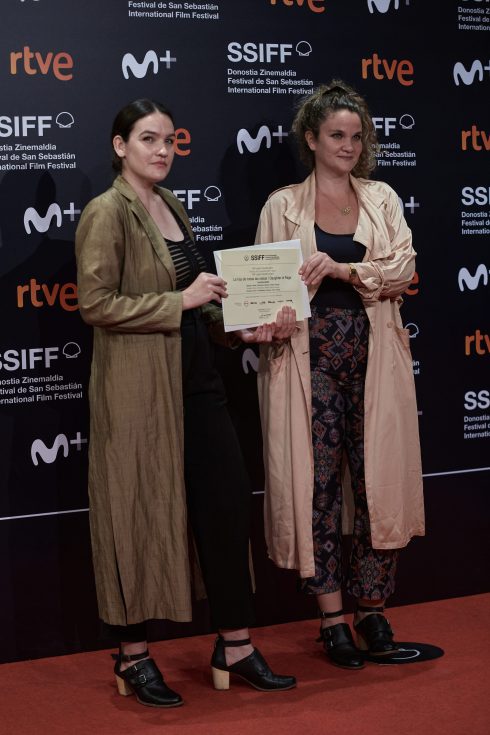
The ArteKino International Award, worth €6,000, was presented to Alemania by Maria Zanetti. Carlos Lechuga´s Vicenta B received the EGEDA Platino Industria Award for the best WIP Latam, worth €30,000.
WIP Europa and the WIP Europa Industry Award went to Carbon by Ion Bor?.
The reward covers post-production of a film until a DCP with English and Spanish subtitles is obtained, as well as distribution in Spain. Bor? also received an additional € 10,000. The film will have one screening at the Marché du Film – Festival de Cannes 2022. The winning business project, Kinetix by Yassine Tahi, received a reward of €10,000. In addition, the 5 finalists in this category were given free access to an incubation space for the first year of their visit, as well as the possibility of funding up to €500,000 to further develop their projects.
READ MORE:
- Johnny Depp blasts ‘cancel culture’ as he accepts top award amid protests at Spain’s San Sebastian Film Festival
- Marion Cotillard to receive San Sebastian’s top honorary award alongside Johnny Depp
- Spain’s women filmmakers condemn San Sebastian film festival’s top honour for ‘abuser’ Johnny Depp
Click here to read more Entertainment News from The Olive Press.

